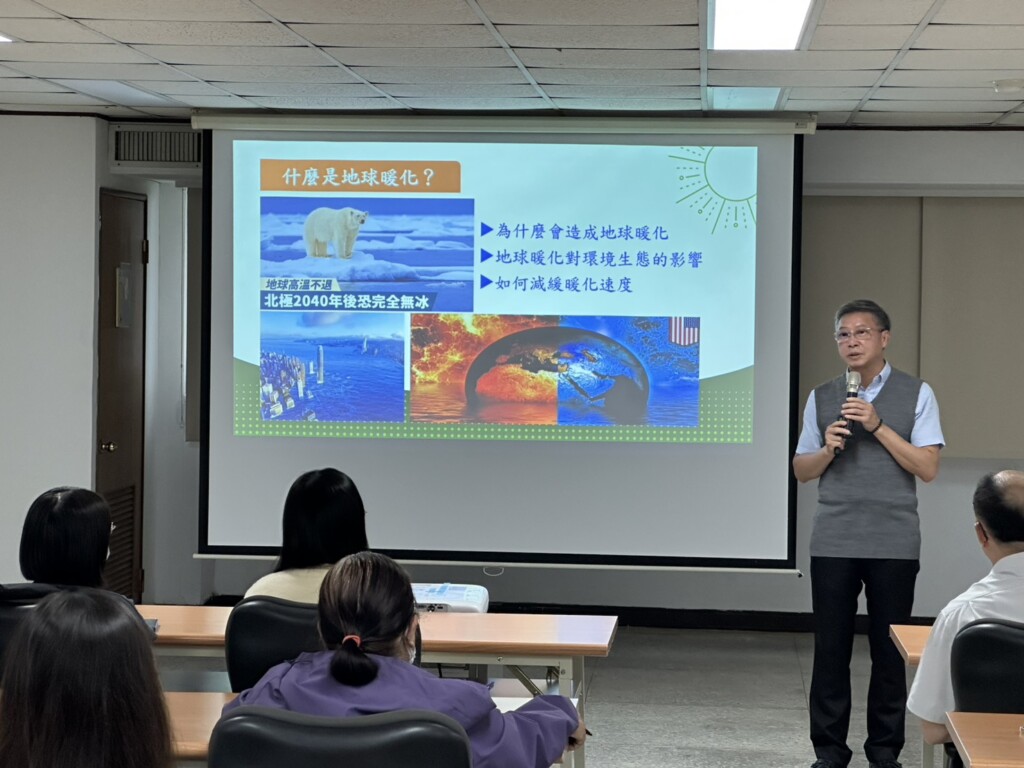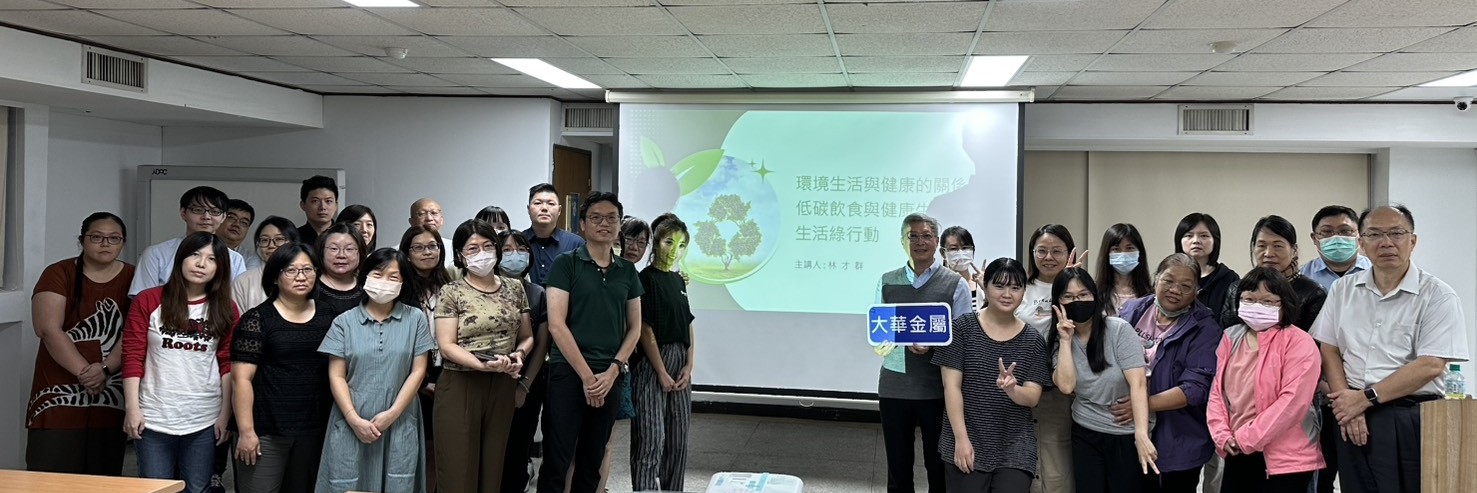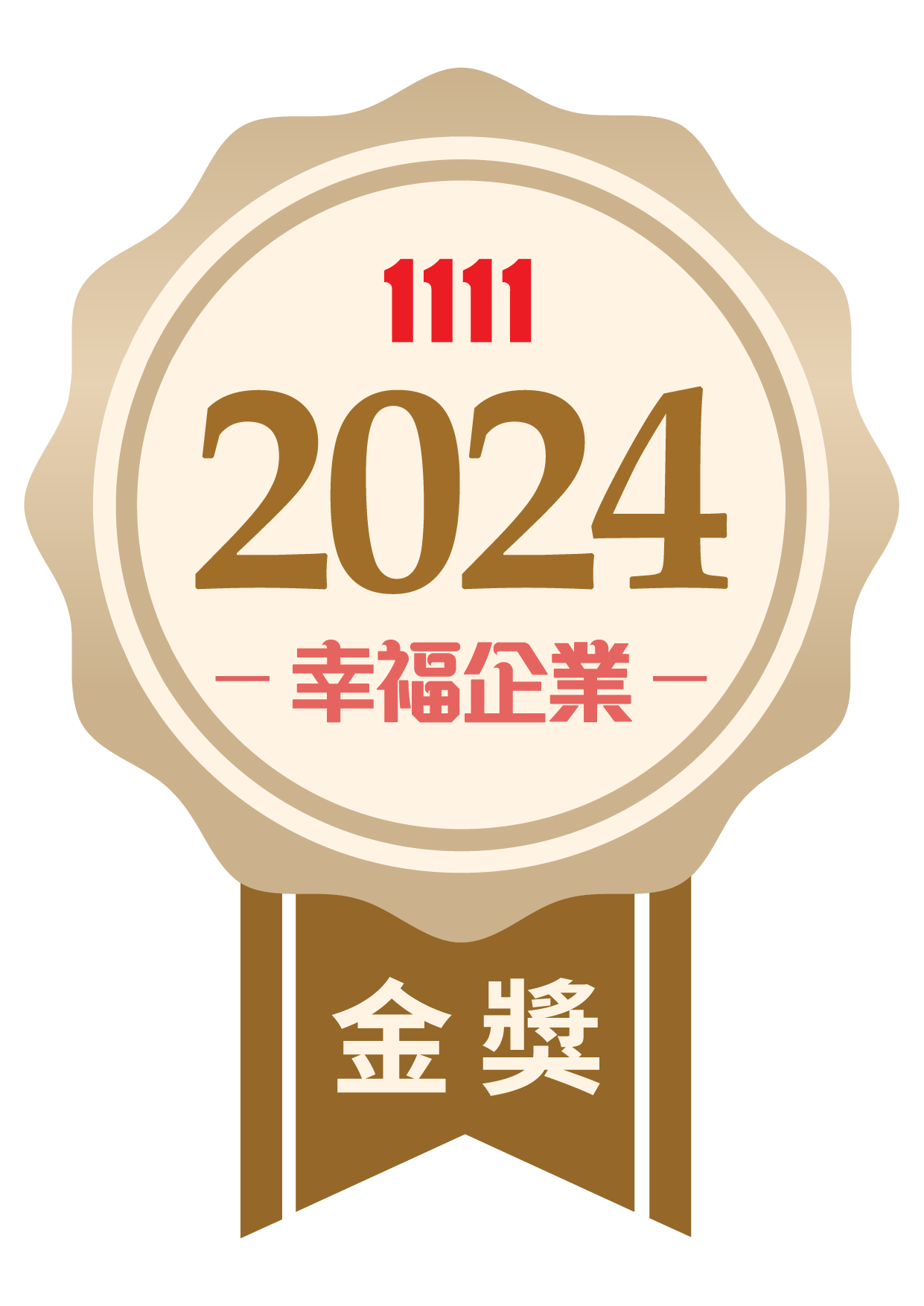Action for Carbon Reduction, Starting from the Dining Table
In support of the company’s ESG policies and net-zero transition goals, we recently held a special seminar on “Low-Carbon Diet and Healthy Living.” We were honored to invite Mr. Lin Cai-Qun, who has long been devoted to promoting healthy eating and environmental sustainability, to share his insights and guide colleagues to rethink how our “every bite we take each day” can protect both the planet and our own health.
Mr. Lin began by explaining that extreme weather and environmental change are no longer distant issues, and that diet is in fact a major, yet often overlooked, source of daily carbon emissions. From high consumption of red meat and reliance on refined, processed foods to the disposable containers and cutlery that come with an eating-out culture, every seemingly ordinary choice quietly adds to the burden on the Earth. Adjusting our dietary patterns is therefore not only part of health management, but also a concrete way to put ESG into practice.
In terms of practical eating habits, Mr. Lin proposed several simple and easy-to-follow principles: reduce the proportion of red meat and high-sugar foods; choose more vegetables, fruits, whole grains, and legumes as sources of plant-based protein; and replace part of our red meat intake with poultry and fish. At the same time, we should avoid excessive deep-fried, grilled, and highly processed foods to lessen the strain on our bodies and reduce potential cancer risks. Mr. Lin also introduced the concept of the Mediterranean diet, which emphasizes plenty of vegetables and fruits, healthy fats, and moderate nuts, combined with regular exercise and sufficient sleep. This helps stabilize metabolism and control body weight, achieving the dual benefits of being both “low-carbon” and “healthy.”
The seminar also highlighted the close link between gut health and immunity. A long-term diet that is high in fat and sugar but low in fiber can easily disrupt the gut microbiota, potentially leading to constipation, fatigue, and chronic inflammation. Mr. Lin encouraged colleagues to consume adequate dietary fiber every day, cut back on beverages and snacks containing additives, and maintain regular routines and moderate exercise. Creating a favorable environment for beneficial gut bacteria to thrive naturally helps boost overall immunity and quality of life.
The “Low-Carbon Diet and Healthy Living” seminar received enthusiastic feedback from our colleagues. Going forward, the company will continue to plan more activities related to ESG and a healthy workplace. We hope everyone will incorporate low-carbon eating and healthy living into their daily meals and routines—working together to reduce carbon emissions for the planet, while building long-term, reassuring health capital for ourselves and our families.




